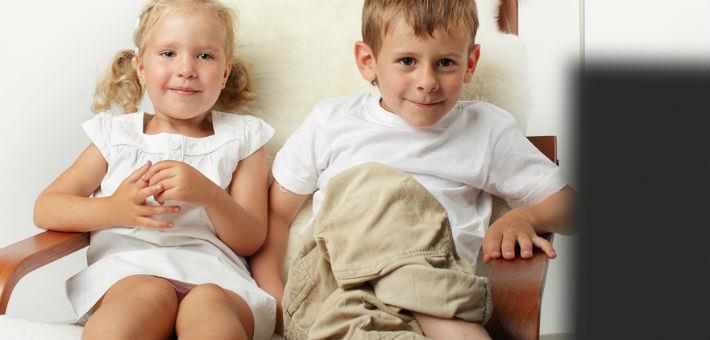
How Preschoolers Learn From Educational TV
Many young children enjoy watching educational TV programs, such as Dora the Explorer and Sesame Street. But do children really understand and learn from the educational content in their favorite TV program? A Journal of Children and Media study shows that 3- to 5-year olds with better story understanding skills (knowledge of how stories are typically structured) comprehend the educational content in TV programs better, and are therefore more likely to learn from it.
Take aways
- Children with a better understanding of how stories are typically structured (story understanding skills) are better able to comprehend and learn from educational TV programs, such as Dora the Explorer.
- For teachers, parents and caregivers it’s important to tell and read stories to their children as this will help increasing children’s story understanding skills, which will benefit their learning from educational TV programs.
Study information
The question?
Do children with better developed story understanding skills learn more from educational television content?
Who?
172 3- to 5-year olds from nineteen American childcare centers (59% were girls; mean age: 4 years old)
Where?
United States
How?
The study consisted of two parts. In the first part, children viewed an episode of the television program Franklin (an educational animated program about a turtle named Franklin). After viewing, children completed different tasks (sorting and sequencing tasks with elements of the story) that measured their story understanding skills (knowledge of how stories are typically structured). In the second part of the study (7 to 10 days later), children viewed an episode of Dora the Explorer (an educational animated program about a girl named Dora). Afterwards, children answered questions that measured their narrative content comprehension with questions about the narrative of the episode, such as “What does Dora drop on the way to the Windy River?”, and their educational content comprehension with questions about educational items of the episode, such as shape identification, color recognition etc.
Facts and findings
- Children with more developed story understanding skills were better able to comprehend the narrative and the educational content of the episode of Dora The Explorer.
- Thus, children with story understanding skills, were better able to learn from the educational TV program.
- An explanation for this finding is that for children with better story understanding skills it is more easy to process the narrative of the program. As a consequence, they have more ‘mental energy’ left to focus on the educational content of the TV program.
- Critical note: Based on this study, no conclusions can be drawn on the effectiveness of educational TV programs. The results only show that children’s story understanding skills are associated with their ability to learn from educational TV programs and cannot say anything about what causes what.